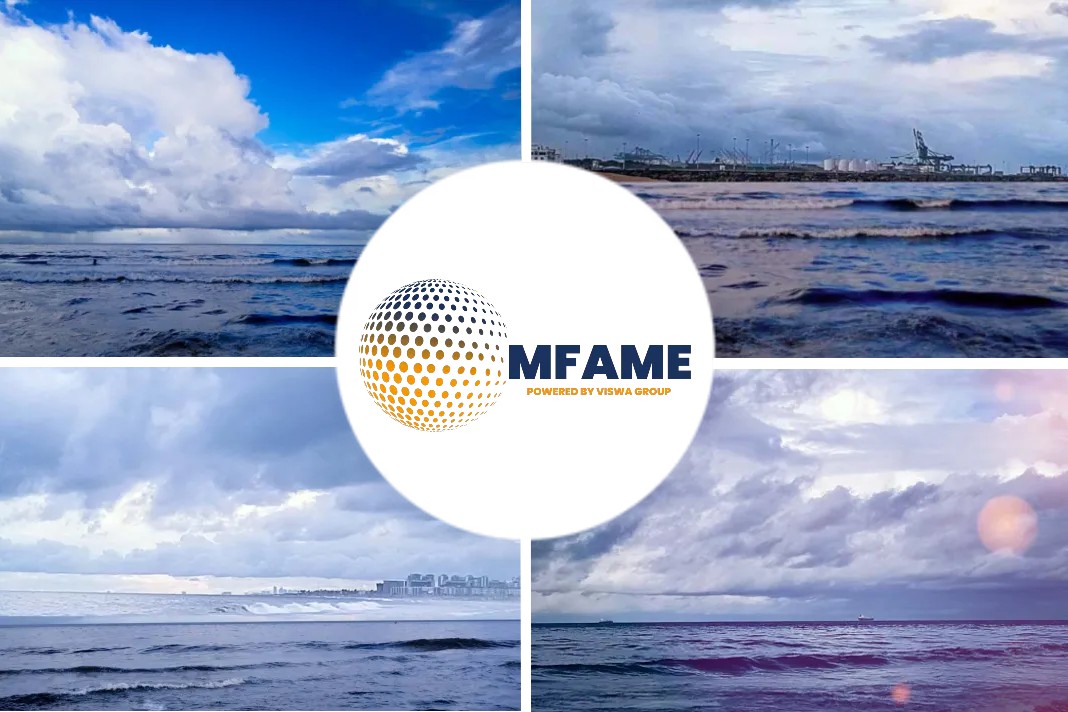- Blockchain assurance can bring certainty to biofuel bunkering.
- Biofuels classified renewable, though they do not reduce CO2 emissions directly.
- Tank-to-propeller carbon reduction is classed as 100% because of the replaceable nature of the carbon used.
- Source-to-propeller reduction is lower, at 87.4%, due to energy for production and transport of the biofuel.
- Blockchains are used to create unalterable record of quality and fuel specifications from the various parties to have handled the fuel down.
- Fuel characteristics and emissions savings can be traced by Supply chain analysis.
A recent project shows verifying the source and carbon savings of advanced biofuels will be key to growing their use in marine bunkers, reports Marine Propulsion.
What is the finding?
Blockchain assurance can bring certainty to biofuel bunkering.
When one of the world’s biggest dry bulk charterers describes biofuels as a disrupter in the bunkering market, it’s time to pay attention.
Biofuel growth inevitable
According to BHP head of strategy and planning Abdes Karimi, the growth of biofuels in marine bunkers is inevitable, driven by advances in the fuel and research into blend ratios.
The global mining company sees biofuels as an important step in decarbonising its supply chain.
First biofuel bunkering
That process began in Rotterdam on 4 February, when it received its first bunkering with biofuels.
A blend of 70% marine gas oil (MGO) and 30% biofuel supplied by GoodFuels was loaded onto the capesize bulk carrier Frontier Sky, on charter to BHP from NYK.
What is the difficulty?
The way that biofuels are produced and the manner in which their emissions impact is calculated means that verifying sustainability is often difficult. This is, unsurprisingly, a challenge.
Biofuels renewable?
Biofuels do not reduce CO2 emissions directly, but have been classified as renewable because the feedstock used to make them – carbon from plants and animals can be replaced relatively cheaply compared to other carbon-based energy sources such as oil.
Emissions reduction potential can vary dramatically depending on feedstock, production method, supply chain and engine type.
Source keeps changing
First generation’ biofuels, that come from crops grown specifically for biofuel production, are a particularly problematic example. Compared with other land uses, including food production or biodiversity, there is little evidence that fuels produced in this way reduce overall carbon emissions.
Most biofuels are now at second-generation (coming from animal or plant waste) and may soon be third-generation (derived from algae), but supply chain remains crucial.
Credible savings
In the case of BHP’s biofuel intake on Frontier Sky, the biofuel was a drop-in, MGO replacement derived from used cooking oil feedstock.
Tank-to-propeller carbon reduction is classed as 100% because of the replaceable nature of the carbon used.
But the source-to-propeller reduction is lower, at 87.4%, due to energy consumed in the production and transport of the biofuel, as well as the transport of feedstock. With a 30% blend, the emissions reduction on Frontier Sky will be 26.2%.
Assured savings
BHP and GoodFuels can be confident of those savings, and the provenance of the biofuel, because of a blockchain fuel assurance platform developed by Maritime Blockchain Labs, a consortium led by blockchain developer BLOC and Lloyd’s Register Foundation.
“It’s important to ensure the biofuel we use is sustainably produced and traceable,” says Mr Karimi. “This consortium has invented new ways of working that improve productivity and reliability in the bunker fuel supply chain and enable trustful tracking of both the provenance and carbon savings.”
How does the platform work?
The platform uses blockchains to create an unalterable record of custody for documentation including quality analysis and fuel specifications from the various parties to have handled the fuel down.
This allows the supply chain to be analysed and fuel characteristics, including emissions savings, to be traced.
Zero-carbon shipping viable?
GoodFuels head of marine Isabel Welten believes the system, or something like it, will play a pivotal role in encouraging the uptake of biofuels in the marine industry.
She concludes: “By documenting emissions savings and chains of custody and combining this with smart incentives to use cleaner fuels, we can build a trusted, financially viable pathway towards zero-carbon shipping.”
Did you subscribe for our daily newsletter?
It’s Free! Click here to Subscribe!
Source: mpropulsion






















